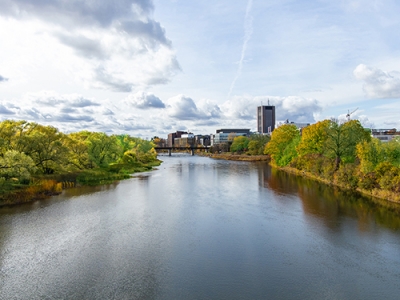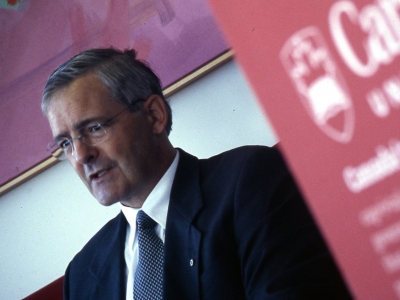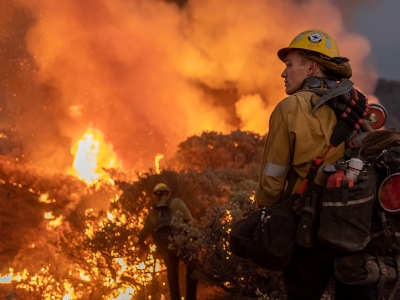Today marks Earth Day and Carleton experts are available to comment on related topics.
Joseph Bennett
Professor, Institute of Environmental Science and Department of Biology
Email: joseph.bennett@carleton.ca
Bennett is available to speak about biodiversity conservation. His research areas include conservation prioritization, threatened species, invasion ecology, environmental policy and spatial statistics. He has a particular interest in practical questions regarding invasive species control and management to protect threatened species. He regularly undertakes ecological and social research to help improve Canadian environmental policy.
Director of the Institute of Environmental and Interdisciplinary Science
Email: StevenCooke@cunet.carleton.ca
Cooke has diverse interests in integrative biology, conservation science, and natural resource management. His work spans the natural and social sciences with a particular focus on developing solutions to problems facing fish and other aquatic organisms. Specific projects of late have focused on issues and topics such as fish migration, fish-hydropower interactions, the sustainability of recreational fisheries, aquatic habitat restoration, the movement ecology of fish, the ecology of stress in wild fish, and winter biology. He has also been deeply involved with defining the new discipline of “conservation physiology” – a field dedicated to understanding the mechanisms underlying conservation problems. He has much experience working with practitioners, policy makers and stakeholders to co-create usable knowledge. Cooke is a Fellow of the Royal Canadian Geographical Society and is Secretary of the College of the Royal Society of Canada.
Professor, Biology
Email: Lenore.Fahrig@carleton.ca
Fahrig is available to discuss climate and its effects on biodiversity, especially habitat loss and roads. She studies the effects of landscape structure on abundance, distribution and persistence of organisms. Landscape structure includes the amounts of various kinds of land cover in landscape (e.g., forest, wetland, roads), and the spatial arrangement of these cover types. Landscape structure affects populations through its effects on reproductions, mortality, and movement. Since landscape structure is strongly affected by human activities such as forestry, agriculture, and development, the results of this research are relevant to land-use decisions. A particular focus in her lab is on the effects of roads and traffic on wildlife populations. Fahrig was the recipient of the prestigious 2021 Guggenheim Fellowship for Conservation Research.
Media Contact
Steven Reid
Media Relations Officer
Carleton University
613-265-6613
Steven.Reid3@carleton.ca
Follow us on Twitter: www.twitter.com/Cunewsroom
COVID 19 Updates: https://newsroom.carleton.ca/coronavirus-covid-19/messages/
Thursday, April 22, 2021 in News Releases
Share: Twitter, Facebook



